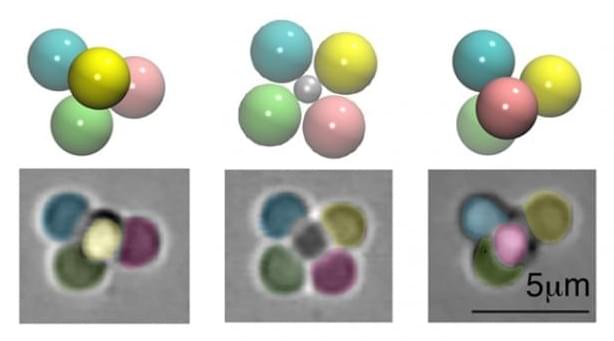
I’ve been trying to review and summarize Eliezer Yudkowksy’s recent dialogues on AI safety. Previously in sequence: Yudkowsky Contra Ngo On Agents. Now we’re up to Yudkowsky contra Cotra on biological anchors, but before we get there we need to figure out what Cotra’s talking about and what’s going on.
The Open Philanthropy Project (“Open Phil”) is a big effective altruist foundation interested in funding AI safety. It’s got $20 billion, probably the majority of money in the field, so its decisions matter a lot and it’s very invested in getting things right. In 2020, it asked senior researcher Ajeya Cotra to produce a report on when human-level AI would arrive. It says the resulting document is “informal” — but it’s 169 pages long and likely to affect millions of dollars in funding, which some might describe as making it kind of formal. The report finds a 10% chance of “transformative AI” by 2031, a 50% chance by 2052, and an almost 80% chance by 2100.
Eliezer rejects their methodology and expects AI earlier (he doesn’t offer many numbers, but here he gives Bryan Caplan 50–50 odds on 2030, albeit not totally seriously). He made the case in his own very long essay, Biology-Inspired AGI Timelines: The Trick That Never Works, sparking a bunch of arguments and counterarguments and even more long essays.


















